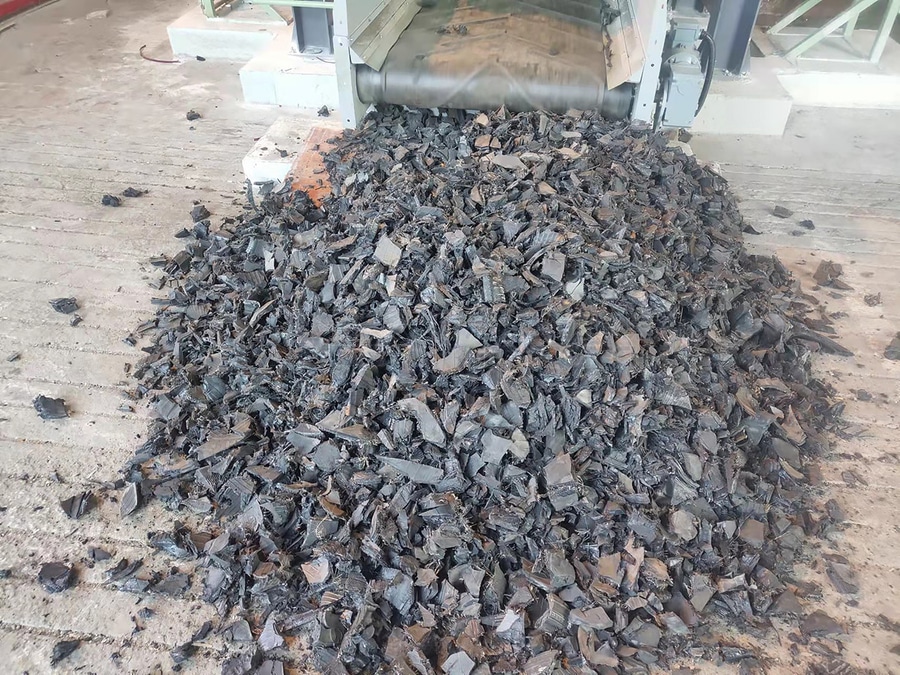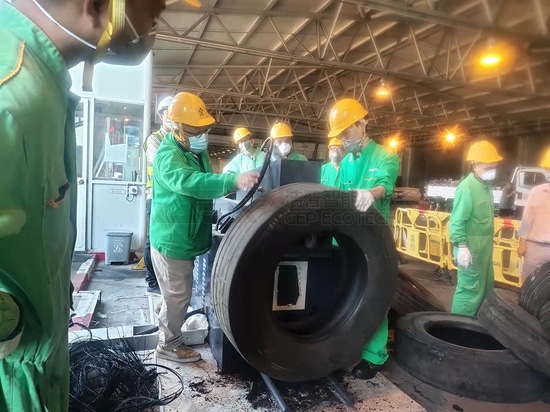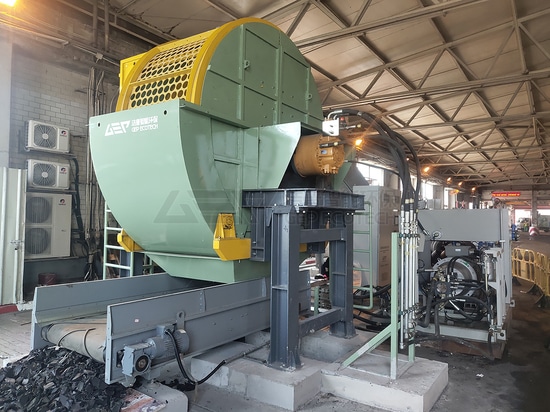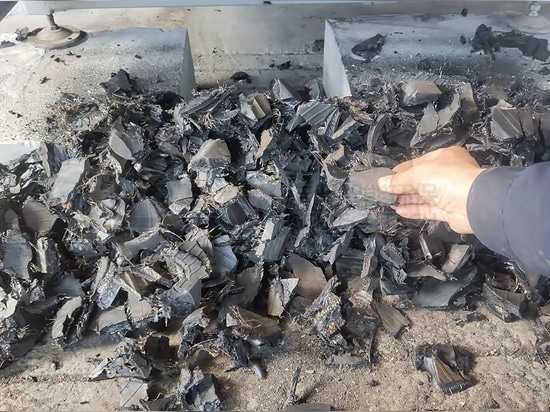
#Industry News
Tyre Shredding to Be Used as Alternative Fuel in Cement Manufacturing
Tyre Shredding to Be Used as Alternative Fuel in Cement Manufacturing
Using shredded tires as an alternative fuel in cement manufacturing is an innovative approach that can address both waste management and energy challenges. This process involves converting scrap tires into a valuable resource, contributing to a circular economy and reducing the environmental impact associated with traditional fossil fuel usage in cement production. Here, we explore the benefits and considerations of using tire-derived fuel (TDF) in cement manufacturing.
1.Waste Management Solution:
Tires are a significant waste management challenge due to their non-biodegradable nature and potential environmental hazards if improperly disposed of or burned. By shredding used tires and utilizing them as fuel, the cement industry can play a vital role in diverting tires from landfills and reducing their negative impact on the environment.
2.Energy and Resource Conservation:
The high energy content of tires makes them an attractive alternative fuel source for cement kilns. When properly processed and shredded, tire-derived fuel can serve as a viable substitute for traditional fossil fuels like coal, petroleum coke, or natural gas in the cement manufacturing process. This results in reduced consumption of fossil fuels, conserving finite resources and lowering greenhouse gas emissions.
3.Reduction of Carbon Emissions:
The use of tire-derived fuel in cement kilns has the potential to reduce carbon dioxide emissions significantly. Cement production is one of the major industrial sources of CO2 emissions globally. By substituting part of the traditional fuel with TDF, cement plants can lower their overall carbon footprint and contribute to global efforts to combat climate change.
4.Improved Energy Efficiency:
Tire-derived fuel has a higher calorific value compared to some traditional fuels used in cement kilns. As a result, it can enhance the energy efficiency of the cement manufacturing process. This increased efficiency can lead to cost savings for cement plants and potentially make the industry more sustainable in the long term.
5.Environmental and Technical Considerations:
While using tire-derived fuel in cement manufacturing offers several benefits, there are also environmental and technical considerations to address. Careful emissions monitoring and control mechanisms are essential to ensure that the combustion of TDF does not release harmful pollutants. Additionally, proper tire shredding and processing techniques are crucial to avoid contamination and ensure the quality of the fuel.
6.Regulatory Compliance:
Governments and regulatory bodies play a crucial role in promoting responsible use of tire-derived fuel in cement manufacturing. Establishing and enforcing environmental standards and regulations can ensure that the practice is safe, environmentally friendly, and economically viable.
In conclusion, utilizing shredded tires as an alternative fuel in cement manufacturing presents a promising solution to waste management challenges while promoting energy efficiency and reducing carbon emissions. By implementing proper processing and combustion technologies and adhering to stringent environmental regulations, the cement industry can contribute to a more sustainable and circular economy while mitigating the impact of waste and climate change.










